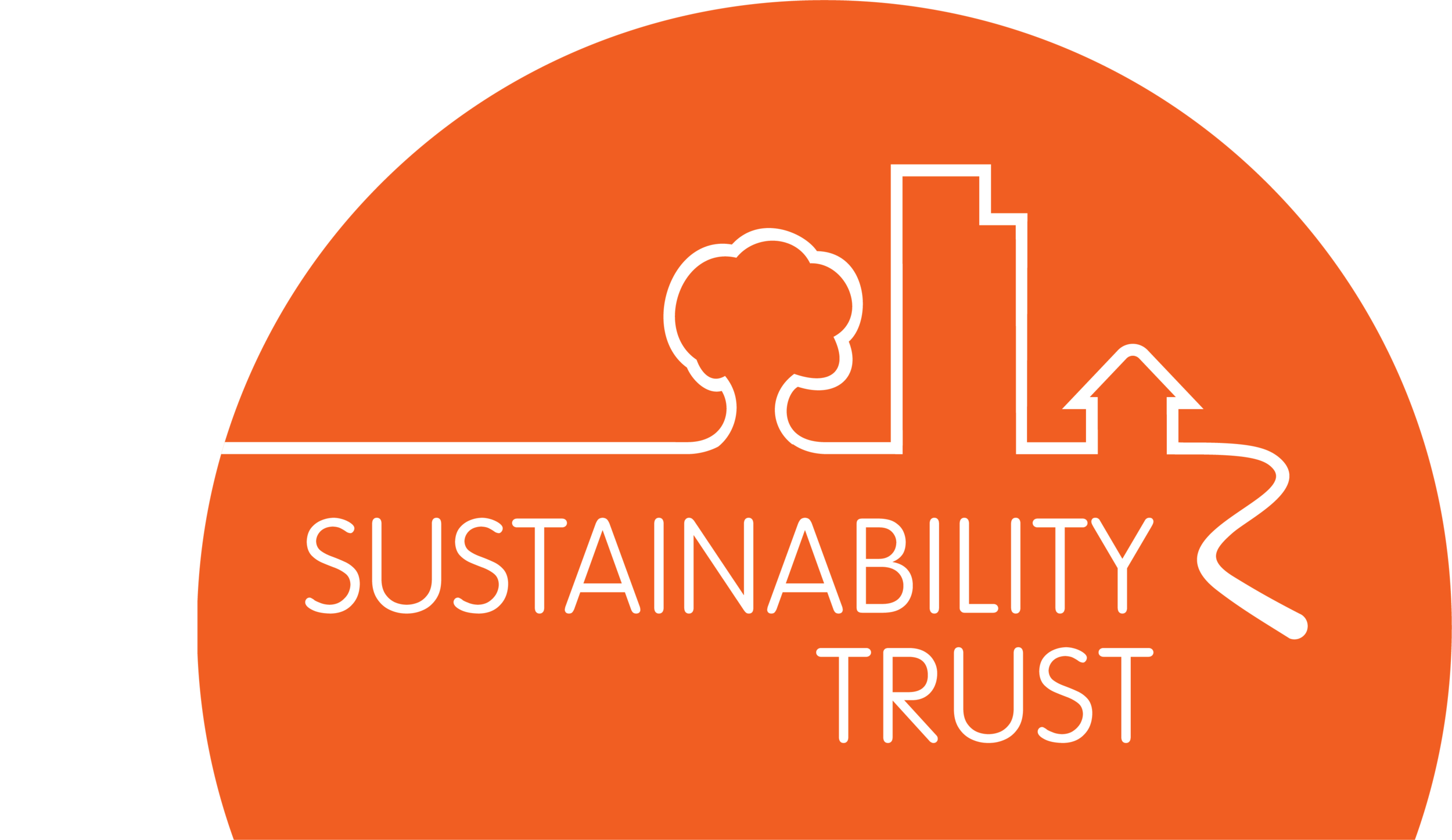Help for the coldest homes
Published 1 November 2016
We help low-income families with housing-related health issues through our Warm Fuzzies Programme
By David Pierce, certified Home Performance Advisor, Sustainability Trust. David works with low-income families who are experiencing housing-related health issues.
The families come to us through our Warm Fuzzies programme and the Well Homes initiative. Here, David talks about what it’s like walking alongside those families as they make changes.
It’s a growing concern - more and more families living in overcrowded homes, struggling to stay warm, dry and healthy. Many families suffer a sense of hopelessness, while others bristle with frustration.
Parents, mothers especially, state their determination to put their children first. Some families already have a good knowledge of how to keep their homes healthy – they know to block draughts, and open windows while showering or cooking to reduce levels of moisture in the home.
Most households have at least one member in paid employment. The family bonds are strong and many a living room wall is covered in family photos. By opening their homes to us, we get a greater understanding of the specific housing needs we can assist with.
Through the Warm Fuzzies programme, Sustainability Trust has assisted families suffering ill-health related to their housing for more than six years.
We also recently marked our first year in a collaborative partnership delivering the Ministry of Health healthy housing initiative for the Wellington region, the Well Homes programme.
The initial aim of Well Homes was to reduce functional and structural overcrowding and with it the risk of rheumatic fever, which is an especially nasty and often life-threatening heart condition associated with cold, damp housing.
Well Homes has now been extended to serve other people who are suffering in poor quality housing for the next four years.
Our first year with Well Homes has seen us engage almost 150 families. It’s a milestone, but also a reminder that the work doesn’t stop, as we deal with a raft of complex, ongoing housing, health and social issues.
We help families who are sleeping together in a single confined space, even if there are enough bedrooms for everyone, because it’s the only way for them to keep warm. This is called functional overcrowding, and it’s more common than you might think.
Families simply cannot afford to heat their homes sufficiently. It’s common for families to use prepay meters for power and when the money runs out, they live with no power at all, until the next top-up.
Energy-efficient heat sources are therefore crucial to help provide affordable heating. Structural overcrowding (where there are more people than bed spaces) is more symptomatic of an affordable housing shortage.
Prohibitively expensive private rentals regularly force families from their existing homes to join other family members living nearby, resulting in crowded conditions. This results in health and financial issues with the spread of communicable illnesses and ongoing doctors’ visits.
Families in this situation will describe how a stop-gap financial solution (such as instant finance loans or Work and Income grants) has, as the weeks and months pass, become a kind of de facto permanent reality.
Families in crowded homes may pay board to share costs of rent but they don’t appear on the tenancy agreement. They are the invisible homeless. Here we can support families to help fast-track social housing applications.
We have developed good relationships with local Work and Incomes offices and Housing New Zealand managers to support this process. Any sustainable housing relocation is a big win. Elsewhere we’ve helped to make definitive improvements to people’s health and homes, and in many cases their wallets.
It’s encouraging to hear when good quality donated curtains upcycled by the Wellington Curtain Bank – plus useful, low-cost energy saving advice – have resulted in fewer doctor visits, fewer days off work and reduced power bills.
Initially, families are directed to us via healthcare referrals. We listen to their needs, offer advice and we engage their landlords with recommendations and subsidies for structural improvements.
Heat pumps and insulation are key interventions for creating a warm, dry and healthy home. Other successful interventions include free portable heaters, beds, bedding and blankets, curtains mould cleaning kit, redirection to other social agencies and fire safety checks.
While we’re proud, as an organisation, to be making a big impact on a serious issue, in an ideal world our service wouldn’t be needed.

